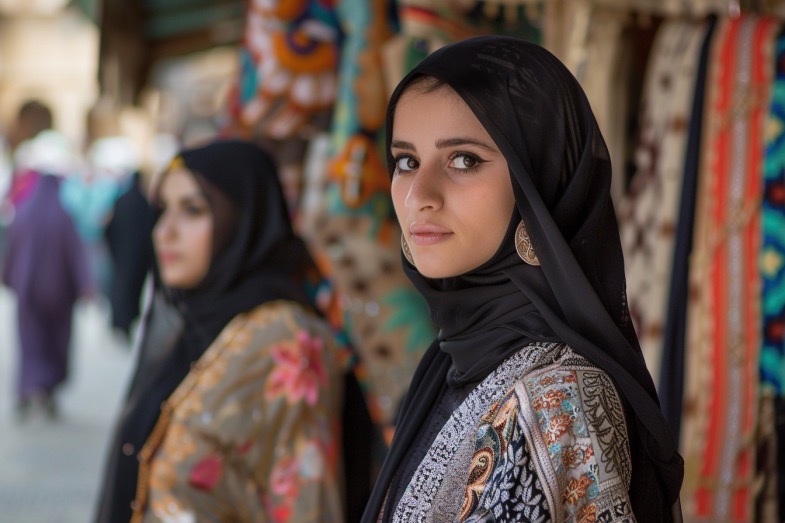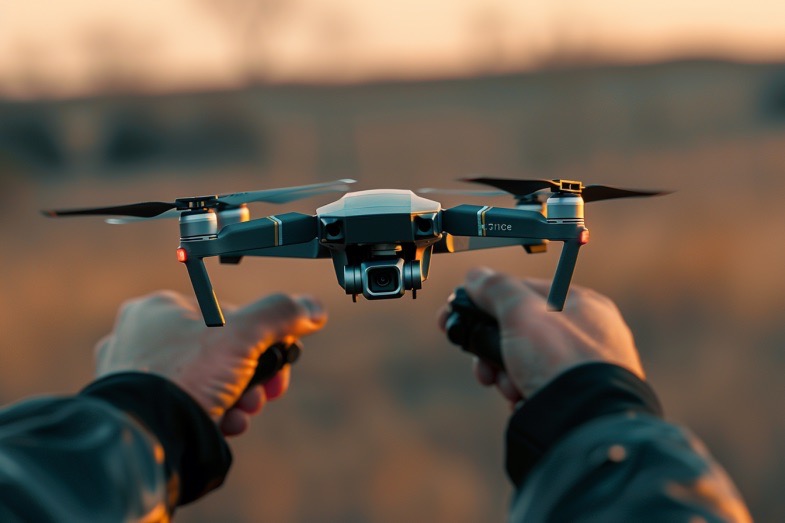FREETOWN RESTORES ELECTRICITY AFTER PAYING OFF DEBT TO TURKISH COMPANY
FREETOWN — After weeks of power cuts plunging Sierra Leone into darkness, electricity supplies have finally been restored. This came after the country made a $18 million payment towards its $48 million debt to a Turkish company.
The crisis led to the resignation of the country’s energy minister, who took full responsibility for the situation. Most of Freetown’s electricity supply comes from a Turkish ship anchored off the coast.
Karpowership, the Turkish company, had drastically reduced supplies to the city from 60 megawatts to 6 megawatts due to unpaid bills. The effects of the power cuts have been devastating, with residents enduring days without electricity and hospitals struggling to function.
Reports from the Reuters news agency revealed that the lack of power led to the death of an infant and medical personnel had to rely on mobile phones for light during procedures.
Before the power was restored, Fatmata Gassim, a frustrated engineering student in Freetown, highlighted the challenges faced by the community. “How do you iron your clothes, how do you make your food, how do you go to sleep? We pay our electricity bills so I don’t see why we should be forced to live like this,” she expressed.
Following the resignation of Kanja Sesay, President Julius Maada Bio announced that the Energy Ministry would now be directly supervised by the president’s office. Karpowership had previously cut supplies to Sierra Leone in September over unpaid bills.
Known as one of the world’s largest floating power plant operators, Karpowership provides electricity to several African countries. In October, they also briefly cut power to Guinea-Bissau due to non-payment issues.
Despite efforts to increase access to electricity in sub-Saharan Africa, more than 50% of the population in the region still lacks grid connection, according to the United Nations Conference on Trade and Development (UNCTAD). — BBC



